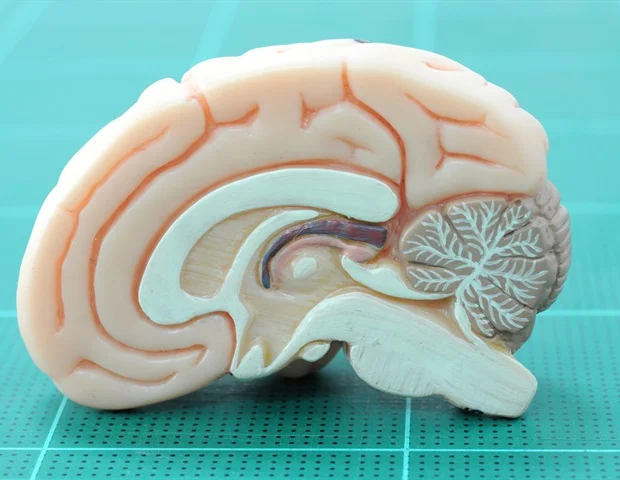Diabetes is the most common lifestyle disease in today’s world both in India and abroad in children and adults in men and women.
Diabetes is a disease that occurs when your blood glucose, also called blood sugar, is too high. Blood glucose is your main source of energy and comes from the food you eat. Insulin, a hormone made by the pancreas, helps glucose from food get into your cells to be used for energy. Sometimes your body doesn’t make enough—or any—insulin or doesn’t use insulin well. Glucose then stays in your blood and doesn’t reach your cells.
Over time, having too much glucose in your blood can cause health problems. Although diabetes has no cure, you can take steps to manage your diabetes and stay healthy. The most common types of diabetes are type 1, type 2, and gestational diabetes.
Too much glucose, also called sugar, in your blood from diabetes can cause pain, infection, and other problems in your mouth. Glucose is present in your saliva—the fluid in your mouth that makes it wet. When diabetes is not controlled, high glucose levels in your saliva help harmful bacteria grow.
These bacteria combine with food to form a soft, sticky film called plaque. Plaque also comes from eating foods that contain sugars or starches. Some types of plaque cause tooth decay or cavities. Other types of plaque cause gum disease and bad breath.
Gum disease can be more severe and take longer to heal if you have diabetes. In turn, having gum disease can make your blood glucose hard to control.
SOME COMMON PROBLEMS IN DIABETES
Tooth decay (cavities): Your mouth naturally contains many types of bacteria. When starches and sugars in foods and beverages interact with these bacteria, a sticky film known as plaque forms on your teeth. The acids in plaque attack the surfaces of your teeth (enamel and dentin). This can lead to cavities and gum disease. The higher your blood sugar level, the greater the supply of sugars and starches — and the more acid wears away at your teeth.
Early gum disease (gingivitis): Diabetes reduces your ability to fight bacteria. If you don’t remove plaque with regular brushing and flossing, it’ll harden under your gum line into a substance called tartar (dental calculus). The longer plaque and tartar remain on your teeth, the more they irritate the part of your gums around the base of your teeth, called the gingiva. In time, your gums become swollen and bleed easily. This is known as gingivitis.
Advanced gum disease (periodontitis): Left untreated, gingivitis can lead to a more serious infection called periodontitis, which destroys the soft tissue and bone that support your teeth. Eventually, periodontitis causes your gums and jawbone to pull away from your teeth, which in turn causes your teeth to loosen and possibly fall out. Periodontitis tends to be more severe among people who have diabetes because diabetes lowers the ability to resist infection and slows healing.
Thrush: People with diabetes may be more likely to develop thrush, which is a fungal infection caused by the yeast Candida albicans. Signs of thrush include painful white or red patches inside your mouth. Practicing good oral hygiene can help you avoid thrush.
Dry mouth (xerostomia): Some people with diabetes also experience a lack of saliva, a condition known as dry mouth. Without saliva to keep your mouth moist and bathe your teeth, you could be at risk of tooth decay, gum disease, and thrush.
It is important to take proper dental care to help prevent damage to your teeth and gums, and its very important to take diabetes and dental care seriously and there are some ways by following which you can take care of yourselves.
Make a commitment to manage your diabetes. Monitor your blood sugar level, and follow your doctor’s instructions for keeping your blood sugar level within your target range. The better you control your blood sugars, the less likely you are to develop gingivitis and other dental problems.
Brush your teeth at least twice a day. Brush in the morning, at night, and, ideally, after meals and snacks. Use a soft-bristled toothbrush and toothpaste that contains fluoride. Avoid vigorous or harsh scrubbing, which can irritate your gums.
Schedule regular dental visits. Visit your dentist at least twice a year for professional cleanings, X-rays, and checkups. Look for early signs of gum disease. Report any signs of gum disease — including redness, swelling, and bleeding gums — to your dentist. Also mention any other signs and symptoms, such as dry mouth, loose teeth, or mouth pain.
Smoking increases the risk of serious diabetes complications, including gum disease and ultimately, loss of your teeth. If you smoke, ask your doctor about options to help you quit.
The author is practising Cosmetic and Laser dental surgeon for 20 years. BDS MD Dental Lasers, Director Dentem & Associate Consultant Sir Ganga Ram Hospital.













